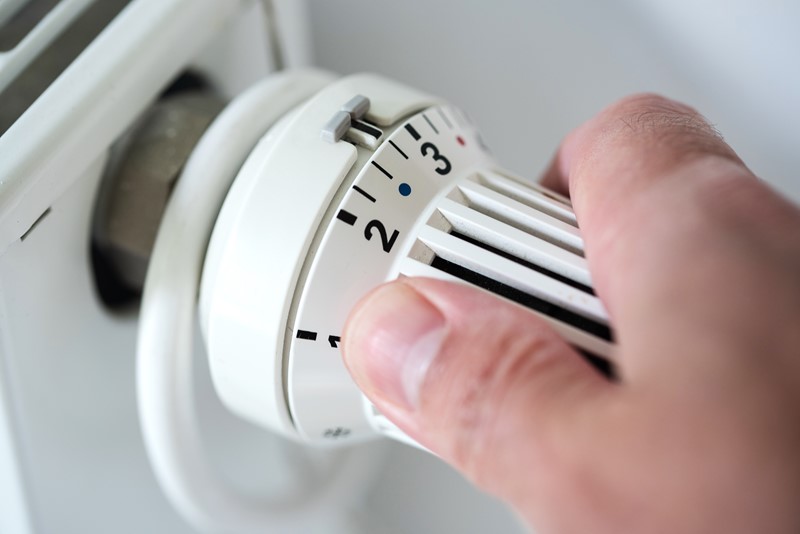
by | Dec 11, 2025 | Income Tax
The June 2025 reforms introduce a £35,000 income limit for keeping the Winter Fuel Payment, with HMRC recovering the payment from those above the threshold. The WFP is a tax-free payment provided by the government to help older people keep warm during winter....
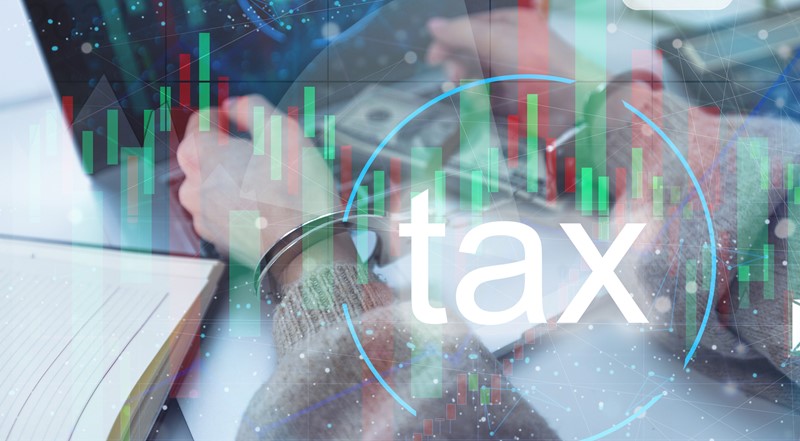
by | Dec 4, 2025 | Income Tax
HMRC has published a new Making Tax Digital newsletter. This newsletter is mainly intended for taxpayers and agents who are currently testing the Making Tax Digital for Income Tax (MTD for IT) system. MTD for IT will become mandatory in phases from April 2026. For...
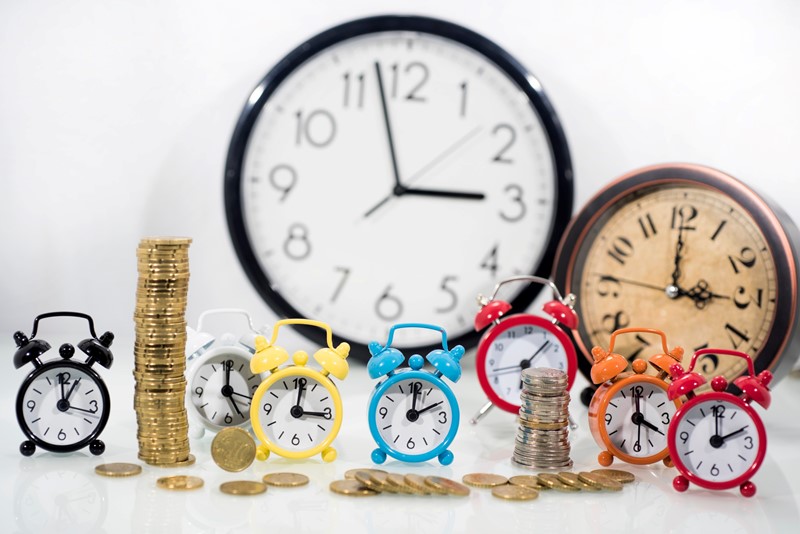
by | Dec 4, 2025 | Income Tax
There is now less than 1 months to the self-assessment filing deadline for submissions of the 2024-25 tax returns. We urge our readers who have not yet completed and filed their 2024-25 tax return to file as soon as possible to avoid the stress of...
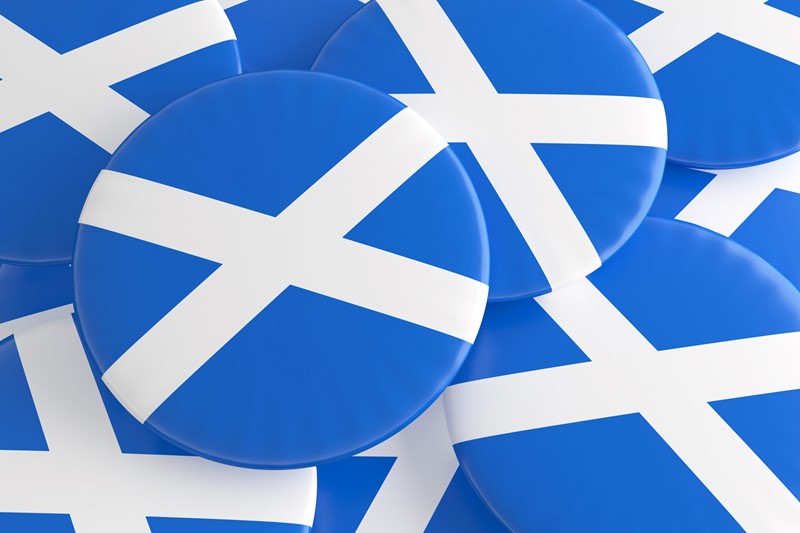
by | Dec 4, 2025 | Income Tax
The rules that govern who pays Income Tax in Scotland is determined by whether an individual is considered a Scottish taxpayer. For most people, determining Scottish taxpayer status is straightforward. Individuals who live in Scotland are considered Scottish...
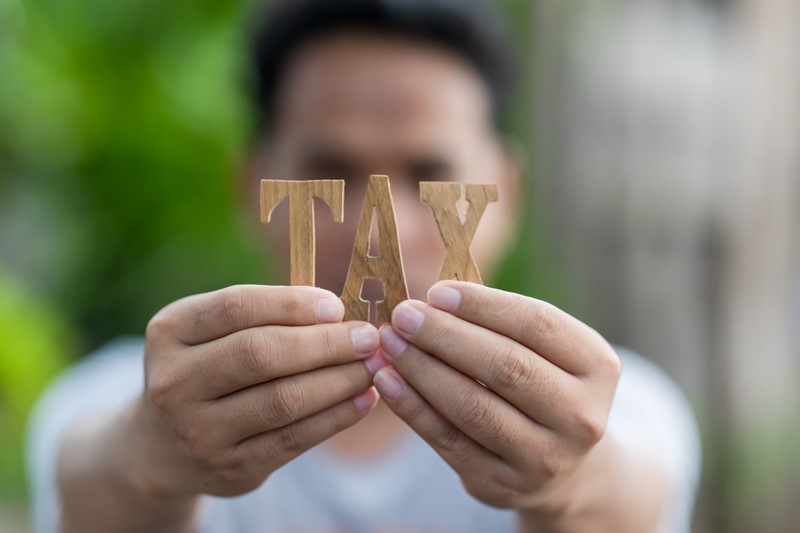
by | Nov 27, 2025 | Income Tax
The chancellor Rachel Reeves announced as part of the Autumn Budget measures that the Income Tax thresholds will be maintained at their current levels for a further three years until April 2031. This will see the personal tax allowance frozen at £12,570 through...
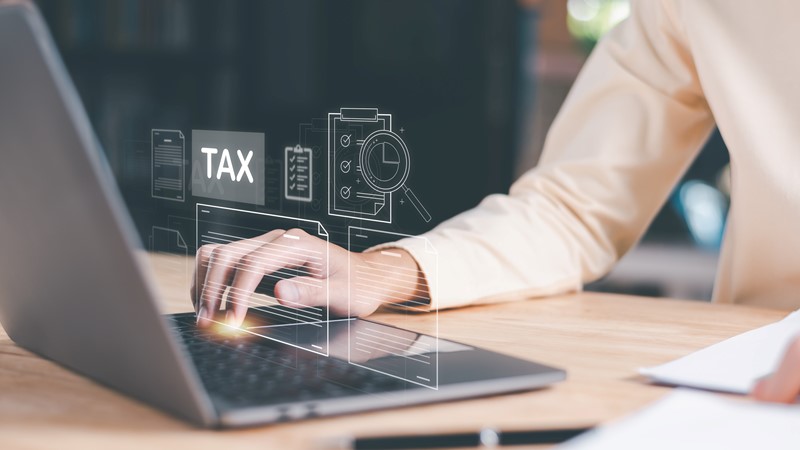
by | Nov 20, 2025 | Income Tax
Making Tax Digital for Income Tax (MTD for IT) will become mandatory in phases from April 2026. If you are self-employed or a landlord and have over £50,000 in qualifying income you need to start preparing to submit quarterly updates, keeping digital records and cope...









 Client Portal
Client Portal